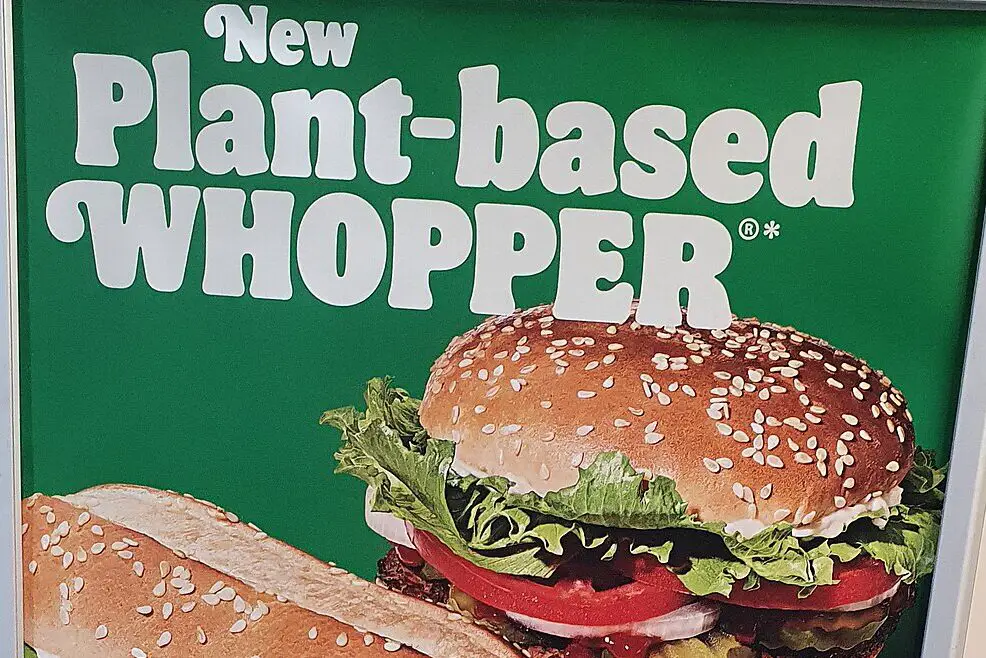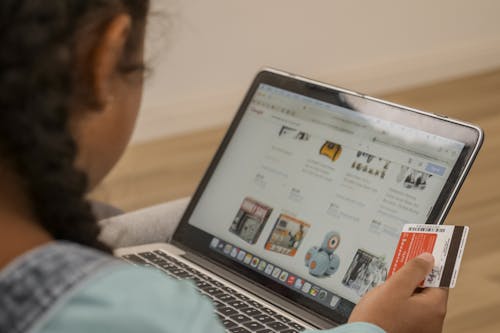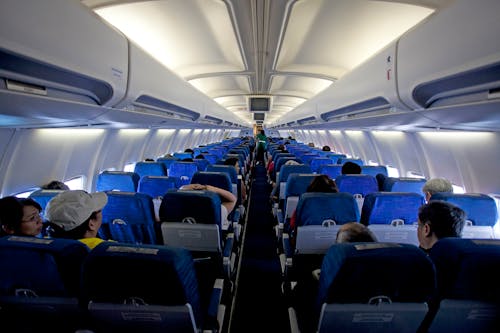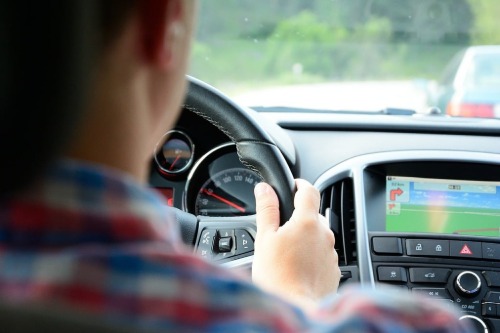1. Eating Meat or Going Plant-Based

Whether you eat meat or not isn’t just about your tastebuds anymore—it’s a moral minefield. Climate impact, animal welfare, and personal health all weigh into this one. With lab-grown meat becoming more available, people are asking: if there’s an alternative, why not take it? Meat eaters feel accused, while vegans feel judged for “preaching.”
The conversation has gotten so loaded that some people lie about what they eat in social settings. Meatless Mondays used to be a fun idea; now they’re a litmus test. Restaurants have started listing the carbon footprint of meals, adding fuel to the fire. Somehow, dinner has turned into a moral debate stage.
2. Shopping on Amazon

Ordering from Amazon in 2025 is almost like declaring where your ethics lie on labor rights and monopolies. With warehouse conditions and antitrust discussions still front and center, some people see every Prime order as a vote against small businesses. But convenience, especially in rural areas or for people with disabilities, is a real factor. So the judgment feels unfair even if the concerns are valid.
Plenty of folks try to shop local when they can, but it’s hard to boycott Amazon completely. Algorithms and prices make it almost impossible to ignore. And with same-day shipping more widespread than ever, convenience often wins. Still, that little smile logo often comes with a raised eyebrow.
3. Flying for Leisure

In 2025, hopping on a plane for vacation isn’t just seen as a travel choice—it’s a carbon confession. With “flight shame” still trending in Europe and gaining ground elsewhere, people feel pressure to justify air travel. Some influencers now publicly offset their emissions or only take trains. Meanwhile, many others just want to see their families or the world.
The judgment comes strongest from people in urban centers with good train infrastructure. But in places without those options, flying is often the only choice. Even so, people increasingly feel compelled to explain why their trip was “worth it.” A once-exciting getaway now comes with a moral disclaimer.
4. Choosing to Drive a Gas-Powered Car

In 2025, driving a gas-powered vehicle can feel like you’re publicly declaring your stance on climate change. While not everyone has access to EVs or reliable public transit, others view sticking with gas as willful environmental harm. Some cities even have low-emission zones where gas cars are restricted, adding fuel to the debate. It’s no longer just about how you get from point A to point B—it’s seen as a value judgment on the planet’s future.
At the same time, many drivers are just trying to make ends meet, and switching to electric can be prohibitively expensive. Still, conversations around vehicle choice often get oversimplified into “good” or “bad.” Social media doesn’t help, where car choices are scrutinized like political statements. The result is that a practical decision turns moral real quick.
5. Using Your Phone at Dinner

Checking your phone during meals has gone from rude to reflective of your values. In 2025, it’s about presence, respect, and digital addiction. People see it as a sign of what you prioritize—connection or convenience. Some even equate it with a lack of empathy or mindfulness.
There’s a growing movement to go “screen-free” during meals, especially with kids. But for gig workers or caregivers, being reachable is essential. The nuance often gets lost, and people feel silently judged for glancing at a notification. A simple text check can be interpreted as a moral failing.
6. Where You Get Your News

Sourcing your news from certain outlets now practically announces your political alignment. Trust is fractured, and media ecosystems are more echo-chambered than ever in 2025. Say you read a particular site, and people assume your worldview wholesale. It’s no longer just information—it’s identity.
The problem is, most people use a mix of sources, even if they don’t advertise it. But mentioning, say, Substack vs. CNN vs. TikTok comes with connotations. The medium matters too—video-first news is seen as less “serious” by some. These perceptions turn a reading habit into a moral declaration.
7. Having Kids—or Not

Deciding to have children is seen as a deeply personal choice, but in 2025 it’s also viewed through environmental and ethical lenses. Some see parenthood as contributing to overpopulation and climate strain. Others view not having kids as shirking societal responsibilities or a lack of hope for the future. Either way, people often feel the need to defend their decision.
Discussions about birth rates, especially in countries facing population decline, have intensified. Governments even offer incentives to raise kids, adding a political twist. And yet, people on both sides get judged—selfish either way, depending on who you ask. It’s tough to win when your life choices are interpreted as global statements.
8. Drinking Bottled Water

Cracking open a plastic water bottle is now practically a mini-controversy. Even with recycling programs, the image of single-use plastic carries environmental baggage. In 2025, public places increasingly ban bottled water, replacing them with refill stations. Still, people buy them—for emergencies, for convenience, for health reasons.
The optics, though, are strong. It’s often viewed as lazy or careless, especially when reusable options abound. Some people even hide their bottles in public. It’s amazing how fast hydration became a hot topic.
9. Posting on Social Media During a Crisis

Sharing beach selfies while a wildfire burns in another region? That’s become a dicey move. In 2025, people are hyper-aware of global crises, and posting “fun” content during dark times can come off as tone-deaf. Even silence gets scrutinized now—some expect influencers to speak on every issue.
Of course, no one can carry the weight of the world constantly. But online presence feels like a public record of your priorities. When to post, what to post, and what to omit all seem moral. It’s performative morality in the scroll.
10. Using AI Tools

Using generative AI to write, create, or automate tasks has become a lightning rod for ethical debates. Is it stealing from artists? Is it replacing workers? In 2025, using AI isn’t just about productivity—it’s about your stance on creativity, labor, and fairness.
Some schools ban AI, while others embrace it as a learning tool. Professionals debate if using it is cheating or just efficient. People are starting to disclose whether AI helped them make something, much like a food label. It’s become a badge—or a red flag—depending on who you ask.
11. Wearing Fast Fashion

Wearing trendy clothes from mass retailers used to be just a style decision. Now, it’s often seen as choosing profit over ethics. With the rise of sustainability influencers and growing awareness of exploitative labor, fast fashion is heavily scrutinized. In 2025, thrifting and upcycling are moral signals as much as fashion statements.
Still, affordability plays a major role for most shoppers. Ethical brands can be pricey and limited in size and style. For many, it’s about access, not apathy. But critics don’t always consider that nuance when they judge your outfit.
12. Living in the Suburbs

Suburban living has gone from the default to the debatable. Critics cite car dependency, environmental impact, and urban sprawl. Meanwhile, others argue it offers space, safety, and affordability. In 2025, your ZIP code is starting to say more about your values than ever before.
Urbanists push for walkable cities, and that’s led to some subtle (and not-so-subtle) shaming of suburban choices. But remote work has made suburban life more appealing to many. The debate often ignores people’s actual circumstances. Yet choosing where to live has turned into a philosophical statement.
13. Choosing Public vs. Private School

Sending your child to a private school can stir strong opinions. It’s framed as either investing in your kid’s future or turning your back on the public system. In 2025, education inequality is more visible, and parents feel torn between personal and societal obligations. Some even justify their choices in moral terms—on both sides.
It’s especially tricky in diverse or underfunded school districts. Parents worry about opportunity gaps but also about systemic impact. Choosing a school now feels like a referendum on your ethics. And nobody agrees on the right answer.
14. Drinking Alcohol—or Not

Ordering a drink—or refusing one—has new cultural weight. With more people embracing sobriety and wellness, alcohol is becoming less normalized. Some see drinking as outdated and even toxic. Others view choosing not to drink as judgmental or performative.
In 2025, the rise of sober bars and non-alcoholic spirits shows the shift. But in many circles, your choice still gets interpreted as a character read. The social signals are strong either way. A beer is no longer just a beer—it’s a personality cue.
15. Choosing Not to Be Online Constantly

Taking a digital detox used to be a quirky lifestyle choice. Now, it’s often seen as a statement against surveillance capitalism, social decay, or tech addiction. People who go offline are viewed as either enlightened or out of touch. In 2025, opting out carries real philosophical weight.
Some folks just want peace and quiet—but others treat it like a protest. Either way, it draws attention. Whether you ghost the group chat or abandon social media entirely, people notice—and judge. It’s not just unplugging, it’s declaring a worldview.
This post 15 Everyday Decisions That Somehow Turn Into Moral Statements in 2025 was first published on American Charm.


